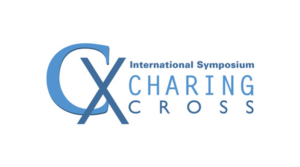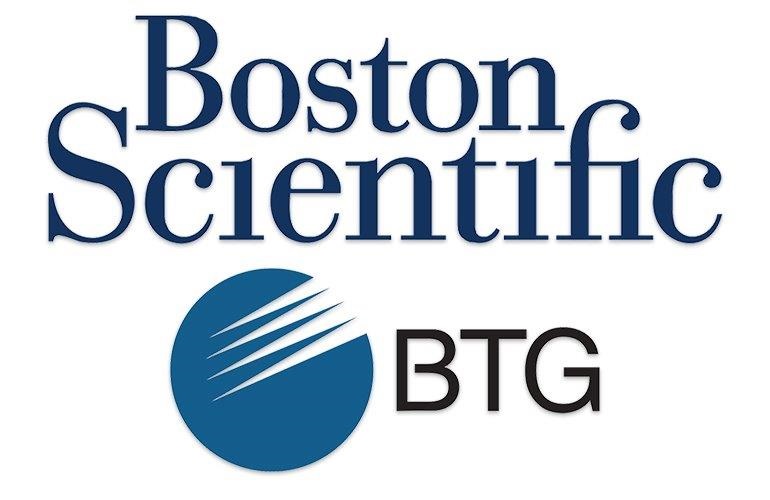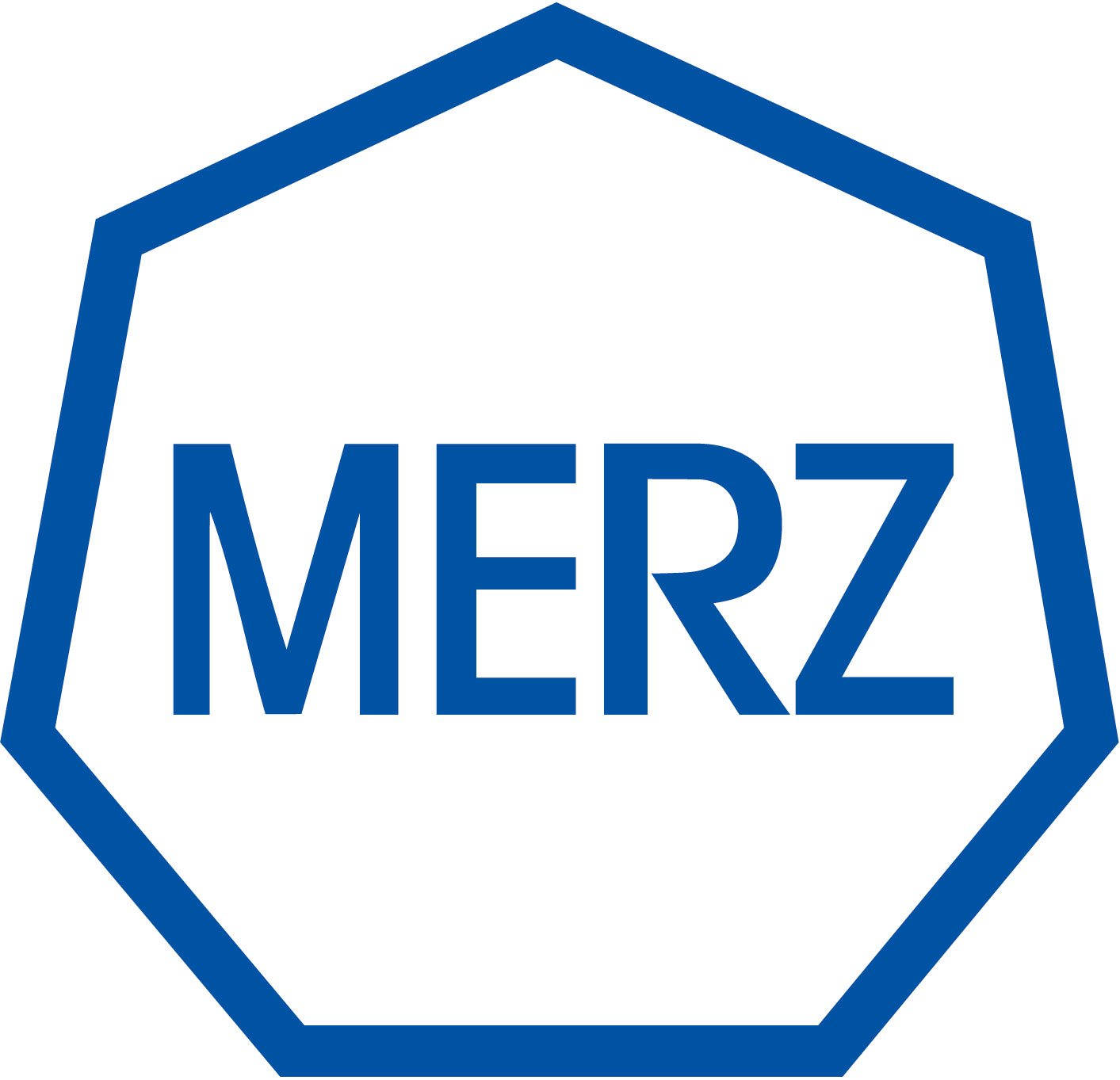
Medtronic plc released new data on endovascular repair of abdominal aortic aneurysm (AAA) patients with the Endurant II/IIs stent graft system in combination with Heli-FX EndoAnchor implants and for the Valiant Navion thoracic stent graft system for thoracic endovascular repair (TEVAR).
The data, which was presented at the Charing Cross Symposium in London in late April, expands on the commitment to treat increasingly challenging aortic anatomies.
TWO-YEAR ENDOSUTURE
ANEURYSM REPAIR (ESAR) DATA
Medtronic shared preliminary two-year data supporting the safety, durability and effectiveness of Endurant to treat AAA patients with short aortic necks when used in combination with the Heli-FX EndoAnchor system.
Results from the ANCHOR Registry (a global multi-center, multi-arm, prospective, post-market registry evaluating the real-world applicability of the Heli-FX EndoAnchor system) two-year sub-analysis were presented for the first time by Frank R. Arko III, MD. Dr. Arko is the chief of Vascular and Endovascular surgery, professor of Cardiovascular Surgery and co-director of the Aortic Institute, Carolinas Medical Center, Sanger Heart and Vascular Institute in Charlotte, North Carolina.
Up to 30 to 40 percent of patients with AAA disease are considered unsuitable candidates for conventional endovascular aneurysm repair (EVAR).1 According to estimates from physicians across Europe and the United States, more than one-third of these patients have AAA proximal neck anatomies <= 10mm.2 Until recently, limited treatment options were available for these AAA patients with short infra-renal necks (<10mm) specifically.
One-year outcomes from 70 patients enrolled with short infra-renal necks (<10mm) have been previously presented and published in the Journal of Vascular Surgery. The results of the first 38 patients to reach two-year imaging follow-up were presented at Charing Cross 2019.
Through two years, freedom from aneurysm-related mortality was 94.3 percent and freedom from secondary endovascular procedure was 95.5 percent, with only one patient requiring a proximal neck-related reintervention. Per core lab assessment, at two years there were no new or persistent type Ia endoleaks. Additionally, 64.7 percent of Endurant + Heli-FX short neck patients experienced AAA sac regression > 5mm, and none experienced AAA sac enlargement through two-years. Finally, no AAA ruptures or stent graft main body migrations were reported through two years.
“By using an EndoSuture aneurysm repair (ESAR) approach with the Endurant stent graft and the Heli-FX EndoAnchor system, physicians are able to safely and effectively treat a wider range of patients with short aortic neck anatomies, independent of renal stenting,” Dr. Arko said. “At two years, the preliminary data also demonstrate that 100 percent of sacs are either shrinking or stable, which is an indicator of EVAR durability.”
VALIANT NAVION 30-DAY
FULL PATIENT COHORT DATA
New data from the full patient cohort of the pivotal Valiant Navion study were also presented by Professor Fabio Verzini, MD, Ph.D., associate professor of Vascular Surgery at the University of Turin, Italy, and European principal investigator for the Valiant Navion IDE study.
The 30-day analysis included the full 100 subjects enrolled in the international, multicenter, prospective investigational device exemption (IDE) study analyzing the safety and efficacy of Valiant Navion in subjects with thoracic aortic aneurysm (TAA) and penetrating atherosclerotic ulcer (PAU).
The results demonstrated safety and efficacy in both FreeFlo and CoveredSeal configurations, with no instances of access or deployment failures at implant in the full study cohort. Through 30 days, data showed low rates of peri-operative mortality at 2.0 percent and secondary procedures at 2.0 percent. The rate of Type Ia endoleaks was 1.1 percent at one-month imaging follow-up.
The Valiant Navion system is a lower-profile evolution of the market-leading Valiant Captivia thoracic stent graft system, a device that has been used to treat more than 100,000 patients globally. Valiant Navion is built on the design philosophy of the Valiant Captivia system for improved flexibility and conformability, as well as increased patient applicability to address multiple challenging pathologies of the thoracic aorta.
The system also features the CoveredSeal (proximal covered) and FreeFlo (proximal bare metal) stent configurations, both with tip-capture accuracy. The low profile Valiant Navion was specifically designed to effectively treat underlying pathologies while minimizing the potential impact to the aortic wall, particularly in fragile aortas.
John Farquhar, Medtronic vice president and general manager of the Aortic business, which is part of the Aortic, Peripheral and Venous division, said Medtronic is achieving success by innovating technology to treat more challenging anatomies and building confidence in our aortic pipeline through transparency in clinical data reporting
“Our dedication to addressing critical patient needs with solutions that are safe and improve outcomes is evident,” Dr. Farquhar said.
He said that in collaboration with leading clinicians, researchers, and scientists worldwide, Medtronic offers the broadest range of innovative medical technology for the interventional and surgical treatment of cardiovascular disease and cardiac arrhythmias. The company strives to offer products and services of the highest quality that deliver clinical and economic value to healthcare consumers and providers around the world. VTN
READ MORE: www.medtronic.com
RESOURCES
1 Skelly, Christopher L., and Ross Milner. Difficult Decisions in Vascular Surgery: an Evidence-Based Approach. Springer, 2017.
2 Medtronic data on file.





